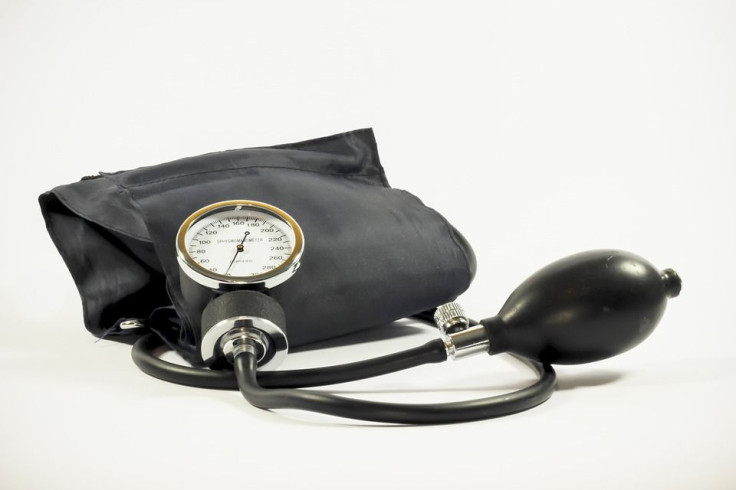Best Home Exercises To Lower Your Blood Pressure
High blood pressure is the measurement of the quantity of blood flowing through your blood vessels, which is proportional to the resistance put up by the arteries. Hypertension is called the silent killer because the symptoms may not be apparent immediately as it takes years to develop.
Without knowing, several organs such as the brain, heart, eyes, kidneys and blood vessels can be affected. Hypertension can also lead to strokes and heart attacks. Oxygenated blood that is pumped by the heart is required by all the tissues and organs. If there is an inadequate supply of blood to the organs, it might turn problematic.
Hence, doctors emphasize the need for early detection through regular blood pressure check ups. Keeping track of your vitals and making lifestyle changes is necessary to manage high blood pressure. Unhealthy diet and lack of exercise are two of the primary causes behind the rise in blood pressure.
The American Heart Association (AHA) recommends that people do a minimum of 150 minutes of exercise every week, spread across five days for 30 minutes each day. The AHA says that it is the appropriate amount of exercise for sufferers of hypertension.
To be on the safe side, a person with a new diagnosis who is not used to exercising should not strain the body and instead should consult a doctor on the right amount of exercise to do. To manage blood pressure levels, losing weight is necessary, at least about 5 to 10 pounds.
Losing weight could aid in the effectiveness of blood pressure medication. Getting regular exercise is one way of maintaining steady body weight. Eliminating fat and sugar from the daily diet also helps.
Experts advise doing aerobic exercises like dancing as opposed to weight lifting and sprinting that suddenly increase blood pressure levels. Katharine Jenner, CEO of charity organisation Blood Pressure U.K., told Express Health that, "On lock down you can try jogging, brisk walking, going up and down stairs - even vigorous cleaning and gardening."
“It’s hard to keep up a good exercise regime at the best of times, but we should be aiming for at least 150 minutes of exercise a week and go for anything that gets your heart rate going,” Jenner explained.
"Even a small, 10mmHg, reduction in systolic blood pressure significantly reduces the risk of major cardiovascular disease events, so anything you can do to lower your blood pressure will lower your risk," Jenner told Express Health.

Published by Medicaldaily.com



























